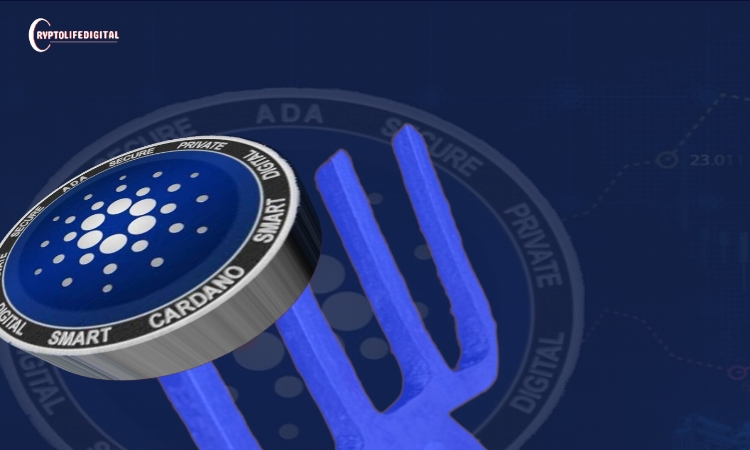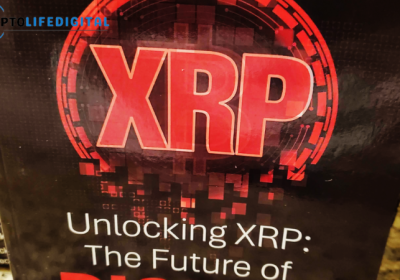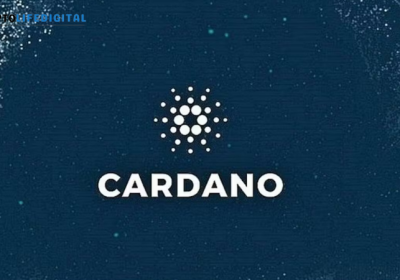Cardano’s Chang Hard Fork Has Been Launched: Get the Inside Scoop

Cardano recently achieved a significant milestone by implementing the Cardano Chang hard fork, marking the first step towards complete decentralization. This much-anticipated upgrade aims to involve users in the network’s governance decisions and is a crucial development in blockchain history, representing one of the most substantial hard forks in the last two years.
Chang Hard Fork Goes Live
Despite the significant advancements introduced by the Cardano Chang upgrade, the ADA price has not shown an immediate surge. ADA, currently the 11th largest cryptocurrency by market capitalization, has been facing a decline in demand among investors and is trading at $0.331 after a 13% loss over the past week. However, it is anticipated that the full implementation of complete decentralization may have a positive impact on the token’s price.
Read Also: LUNC Key Updates: Liquid Staking, Concentrated Liquidity Pools, and More for LUNC Community
The Cardano Chang hard fork offers several key benefits to the network. By achieving this upgrade, Cardano is moving closer to the Voltaire era, the final phase in its evolution towards a self-sustaining system. The upgrade prioritizes decentralization, allowing users to actively participate in the decision-making process while also addressing scalability and security concerns.
One of the primary advantages of the Cardano Chang hard fork is the significant increase in transaction rates, ramping up from the current 250 TPS to 1000 TPS (transactions per second) to ensure improved speed. Additionally, the introduction of the CIP-1694 will enable direct voting on the network, establishing a constitutional committee and governance role for the stake pool operators. The upgrade also includes the rollout of Plutus scripts, which will support a voting mechanism similar to that of a DAO.
Phase 1
The implementation of the Cardano Chang hard fork is a two-phase process. Phase 1, which is already underway, involves the introduction of the Interim Cardano Constitution, a temporary governance structure designed to manage the network until users assume control following the Cardano Chang upgrade. The Interim Cardano Committee (ICC) has been established to oversee governance and ensure the functioning of the interim constitution.
Phase 2
Phase 2 will focus on the introduction of Delegate Representatives (DReps), a new governance body aimed at fully decentralizing the network and enabling decentralized decision-making practices to reflect the interests of ADA holders. This advanced governance feature, including an on-chain voting mechanism, will allow token holders to actively participate in the governance process. However, the full implementation of Phase 2 is projected to occur by 2025.
Conclusion
In conclusion, the Cardano Chang hard fork represents a decisive move towards complete decentralization and the establishment of a self-sustaining ecosystem. The upgrade addresses key elements such as governance, scalability, security, and transaction speed, with both phases set to unfold over the next few years. Despite the uncertain impact of the hard fork on the token price, this significant step lays the groundwork for a more inclusive and decentralized governance model for Cardano.
Read Also: Rocket Announces Highly Anticipated Launch Date
Follow us on Twitter, Facebook, Telegram, and Google News

Michael Onche: Crypto aficionado and seasoned analyst. With a keen eye for market trends and a passion for blockchain technology, he deciphers the intricacies of cryptocurrency with precision. Michael’s expertise and insightful content make him a trusted guide for navigating the dynamic world of digital assets.










